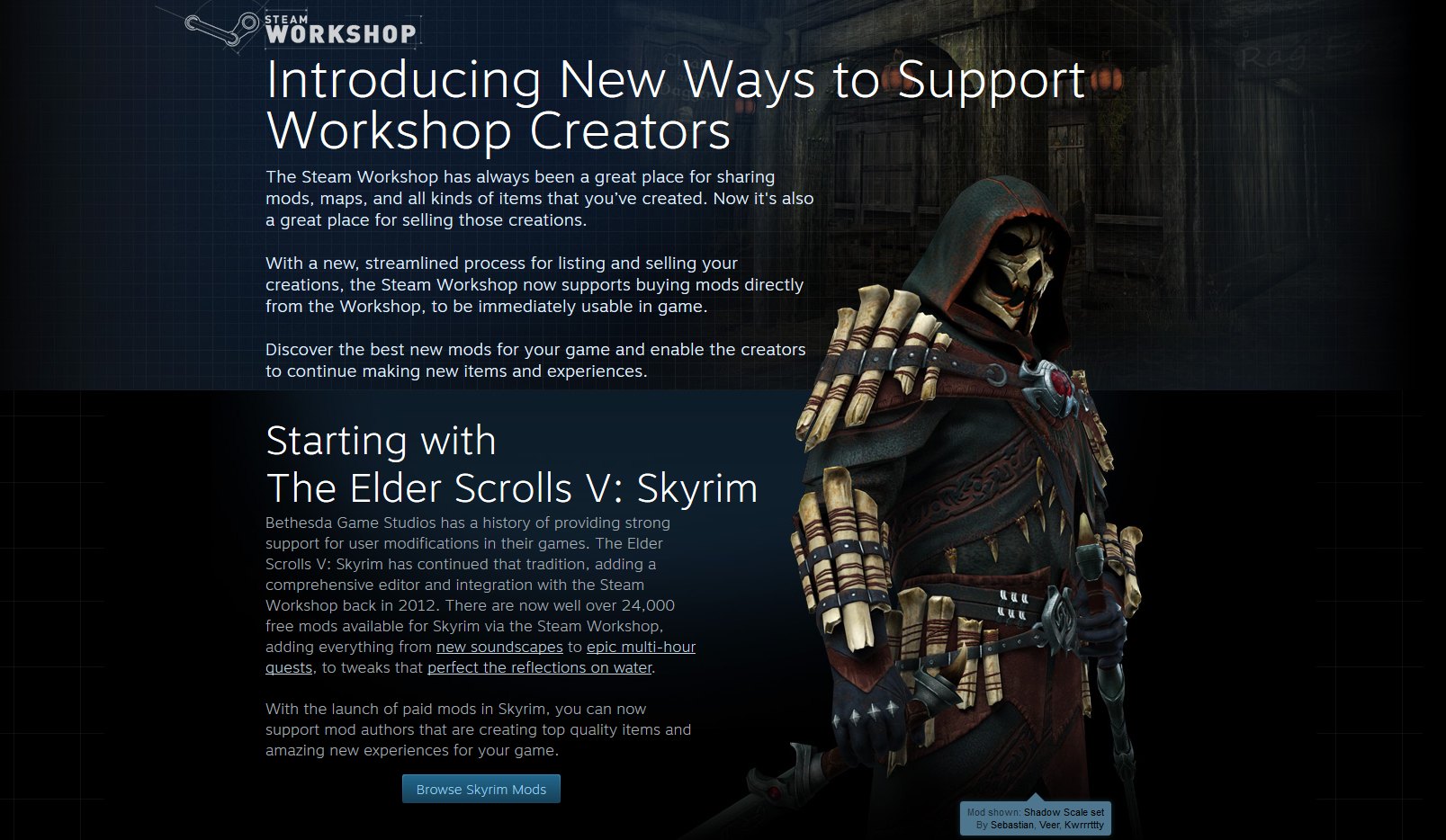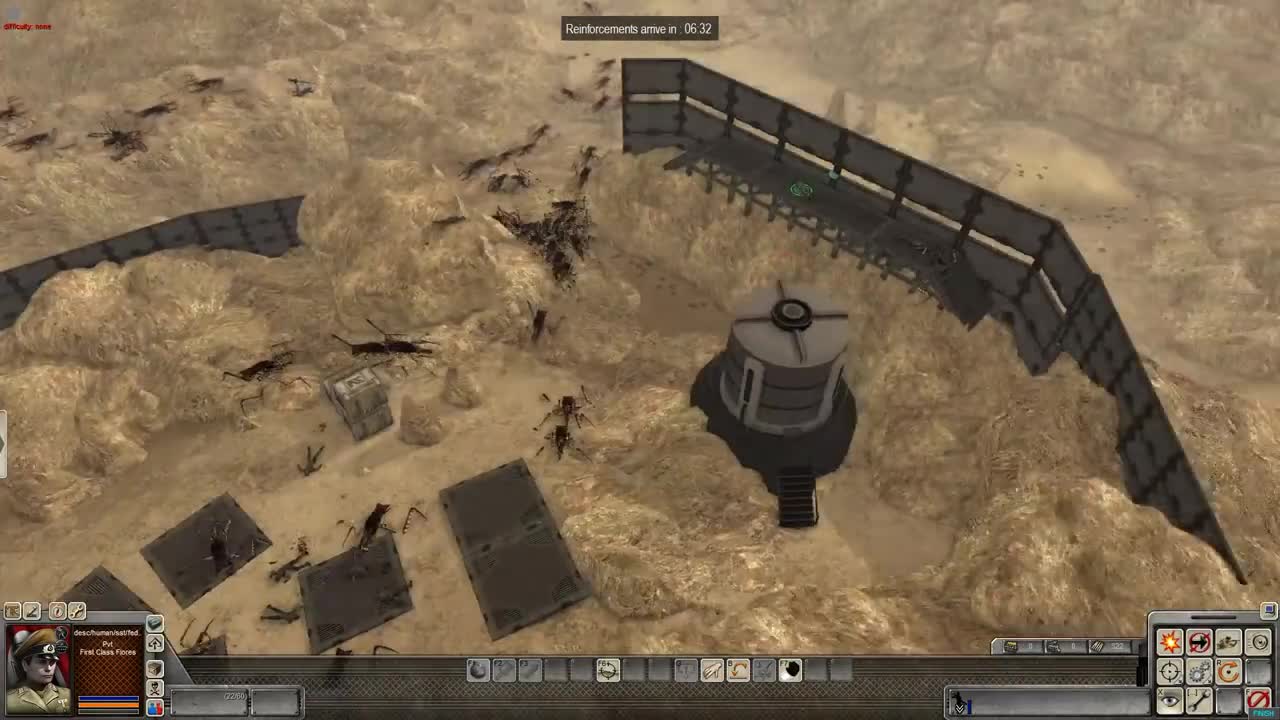

To many, the whole thing seemed greedy and unnecessary.īy Monday, the whole thing was called off with an unassuming post on Steam. They labeled it exploitation and, as Chesko put it, it became a question of how much developers were willing to pay to be featured on the front page of Steam. Players didn’t like the issues above, but they also didn’t like how mod creators only made 25-percent on the deal while Bethesda and Valve split the rest. Gabe Newell took to Reddit to answer questions and was promptly downvoted into the ground, which must have been somewhat of a first for the PC gaming icon. Understandably, the internet reacted with gasoline and matches. There is legitimate concern about how the company would handle scams in the long-run. Historically, Valve has taken a hands-off approach with the items that go up on their store. Players also made a mockery of the program by uploading joke add-ons, like “HD horse genitals” ($99) and the “Extra Apple Mod” ($30) which added a single apple to tavern in Whiterun.

Valve was quick to take down infringing apps but in the short time the program was live, greedy players already attempted to game the system. The issue with Fore went deeper - he disagreed with the whole idea of paid modding - and, after a tidy amount of drama, Chesko decided to pull Fore’s work from his projects, refund all of his customers, and step back from the modding community until he could find the joy in it again. Chesko went to Valve with his concerns, and their response was simple: any mod can use any other, whether they’re free or not, and whether the authors care or not. Art of the Catch depended heavily on animations released in a second package by another modder named Fore. That was exactly what happened with Chesko and the Art of the Catch mod. If Paid Mod A depends on Mod B to function, shouldn’t the author of Mod B get a share of the profits? What if the author of Mod B disagrees with the idea of selling mods in general and wants no part of it? But when profits come in, the waters get muddy quick. Developers can collaborate and freely share with one another, crediting the original authors when credit is due. When they’re free, this isn’t a big deal. Modders routinely borrow each other’s work. The first problem was just how connected many mods are. Valve’s approach, however, made a mess of the entire affair. Any modder developing quality content deserves to reap the rewards of their efforts, be that through accolades, donations, or if they choose, sales.

Skyrim modders getting paid for their work is a good thing. Before we get into why Valve thought this was a good idea, it’s worth noting the reasons this was such a bad move in the first place.


 0 kommentar(er)
0 kommentar(er)
